Porridge Online
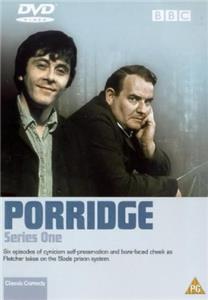
Norman Stanley Fletcher is sentenced to 5 years at her Majesty's pleasure at HM prison Slade in darkest Cumbria. His naive cell mate Lenny Godber needs to learn the ropes, skives and scams and evil prison officer Mr.Mackay tries to run the prison his own way. And then there's Mr.Barroclough who is just too weak willed to have his good nature exploited.
| Series cast summary: | |||
| Ronnie Barker | - | Norman Stanley Fletcher 20 episodes, 1974-1977 | |
| Brian Wilde | - | Mr. Barrowclough 19 episodes, 1974-1977 | |
| Fulton Mackay | - | Mr. Mackay 19 episodes, 1974-1977 | |
| Richard Beckinsale | - | Lennie Godber 17 episodes, 1974-1977 | |
| Sam Kelly | - | Warren 12 episodes, 1974-1977 | |
| Tony Osoba | - | McLaren 9 episodes, 1974-1977 | |
The script allowed the prisoners to swear without offending viewers by using the word "naff" in place of ruder words ("Naff off!", "Darn your own naffing socks", "Doing next to naff all"), thereby popularizing a word that had been recorded at least as early as 1966. Ronnie Barker did not claim to have invented it. In a television interview in 2003 it was explained to him on camera what the word meant, as he said he hadn't a clue. The word was actually a piece of slang for heterosexual men which was popular among homosexual men. It was an acronym for "Not Available For F******".
The judge reading sentencing during the opening titles is voiced by Ronnie Barker. Barker is reported to have said that he regretted recording himself as the judge (who was later portrayed by Maurice Denham in two episodes).
All who knew Richard Beckinsale were shocked and devastated by his death, particularly Ronnie Barker. He was so upset, he couldn't work for several days.
The producers and the writers were keen to make more episodes, but Ronnie Barker was wary of being "stuck with a character" and also wanted to move on to other projects.
Ronnie Barker originally suggested Paul Henry for the role of Godber but was overruled by the producers, who preferred Richard Beckinsale.
The BBC production team had planned to film Porridge in a real prison. However, before filming began the Home Office refused, so the BBC improvised. They used the main gatehouse of former St Albans Prison at Victoria Street, St Albans, Hertfordshire as the main gate of "Slade Prison". The Gatehouse is now St Albans Register Office. Slade Prison's metal walkways and communal area were filmed in a large metal tank at Elstree Studios. The huge tank was previously used for underwater filming however the BBC converted it into the two floor 'prison' seen in the programme. External scenes at "Slade" (e.g. the rooftop strike, exercise ground) were filmed at various London psychiatric hospitals. Most other interior scenes (e.g. Fletcher's cell) were filmed at BBC Studios.
Writers Dick Clement and Ian La Frenais and actor Ronnie Barker all came up with "Porridge" (British slang for serving a prison sentence, porridge once being the traditional breakfast in UK prisons) as the title, independently of each other.
According to Erwin James, an ex-prisoner who writes a bi-weekly column for The Guardian newspaper, Porridge was a favourite with British prisoners: "When I was inside, Porridge was a staple of our TV diet. In one high-security prison, a video orderly would be dispatched to tape the programme each week. If they missed it, they were in trouble. "
Godber's fiancée Denise was often referred to, but never appeared. However a photograph of Judy Loe, Richard Beckinsale's wife, hung by Godber's bunk.
In David Jason's autobiography, he described Richard Beckinsale as "a handsome, friendly guy with something rather effortlessly glamorous about him. He could spin a story so well that you had no choice but to believe it."
Ronnie Barker agreed with the consensus of critical opinion that this was his finest sitcom, although he most enjoyed making Open All Hours (1976), apparently because of David Jason, who was touched and flattered.
By the beginning of the second series, Richard Beckinsale had stopped attempting a Brummie/Birmingham accent for "Godber" and settled instead, on his own native Nottingham accent.
David Jason had always wanted to work with Ronnie Barker before this series and Open All Hours (1976). He believed it profoundly affected the course of his life. He always considered him a mentor. He never understood why Barker left ITV for the BBC because he wasn't in the know. The two became close friends. He claimed Barker was very wise, and if he thought something was OK, that was good enough.
When describing Ronnie Barker's death in his autobiography, David Jason said "Goodnight from him", alluding to his signature line from The Two Ronnies (1971).
In stark contrast to his character in the series, Fulton Mackay (Warden Mackay) has a rose named after him.
Writers Dick Clement and Ian La Frenais spoke to Jonathan Marshall, a former prisoner who had written a book "How to Survive in the Nick", and he advised them about prison slang, dress and routines.
Ronnie Barker could slip in and out of character effortlessly.
Ronnie Barker and David Jason also paired up for the sitcom Open All Hours (1976), which was piloted in the same series of 7 of 1 (1973)
There was some criticism that all but one of the prisoners was white.
Richard Beckinsale's character, Lennie Godber was from Smethwick in the West Midlands. The High Street in Smethwick contains a funeral directors called Stephen Godber Funerals.
Fletch's roommate is Leonard Arthur Godber. His initials form the word LAG, which is British slang for a prisoner.
David Jason was in his thirties when he played elderly convict Blanco Webb.
Richard Beckinsale had a very dry sense of humour.
The character of "Harry Grout" played by Peter Vaughn, became one of the show's most memorable and celebrated creations, despite only featuring in just two episodes and one Christmas special.
In the standard opening for this show, the prison transport van is seen driving in front of, and then into, St Pancras Railway Station in central London.
"Norman Stanley Fletcher" was born on February 2nd, 1932 in Muswell Hill, North London .
Porridge began life as part of a one-off series called Seven Of One for the BBC. The series featured seven seperate 30 minute comedies, all starring Ronnie Barker, including an episode entitled Prisoner and Escort about the transfer of a prisoner, on New Year's Eve, from a London prison to the remote Slade prison in Cumberland and co starred Fulton Mackay and Brian Wilde. The intention was to find potential sitcoms for Ronnie Barker to star in. Out of the seven ideas two were chosen to go to a full series:The aforementioned Prisoner and Escort, which became Porridge in 1974 and Open All Hours about the shopkeeper Arkwright which followed in 1976.
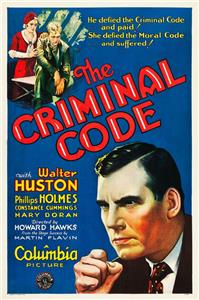
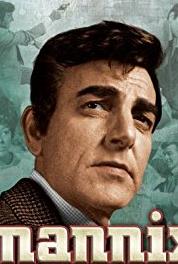
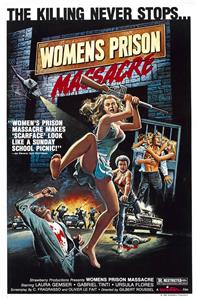

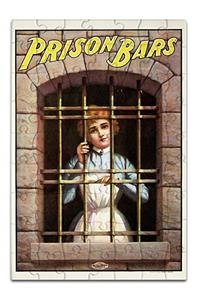
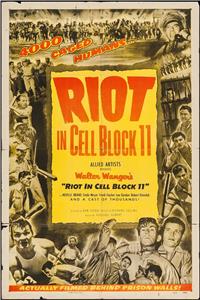
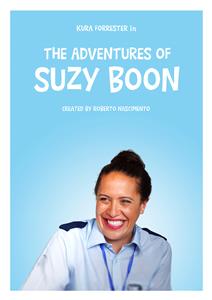
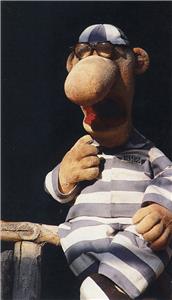
User reviews